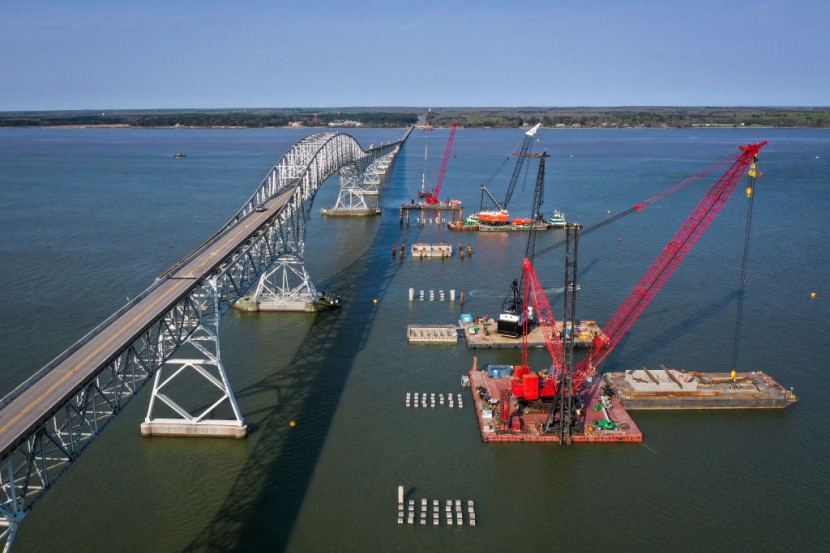
The Bipartisan Senate released the draft, still costing a whopping $303.5 billion for American roadways and bridge bill that will be most likely passed despite Republican objections, reported Politico via MSN.
Bill to replace original surface transportation law due to end in September
The bill unveiled by the Senate Environment and Public Works EPW) Committee will replace the original surface transportation law, which is due to end in September, making it most likely to get to Capitol Hill and get approved.
It is significantly smaller than the Biden infrastructure bill, which commits nearly $2 trillion on waterways, aviation, broadband, clean water, the electrical system, health care, and the environment.
The Republicans questioned the inclusion of so many extras as they worry over his massive expenditures. Even the $304 billion proposed bill may still be a bit too much since it will affect the US economy.
Nonetheless, the committee's proposal could become a centerpiece of the Senate's final answer to Biden's more extensive American Jobs Plan. Even reaching a bipartisan agreement on this piece is a significant accomplishment.
West Virginia Sen. Shelley Moore Capito, the committee's top Republican, told Be Positive Now that "Every American can support safe and dependable infrastructure," referring to the Bipartisan Senate Transportation draft.
Most of the Republicans immediately rejected the White House's latest offer on a massive building package last Friday. The president agreed to reduce his $2.25 trillion infrastructure plan to $1.7 billion, in part by shifting spending to other bills.
The official document was approved by the Committee Chair Tom Carper (D-Del.), with Capito, Transportation Subcommittee Chair Ben Cardin (D-Md.), Transportation Subcommittee ranking member Kevin Cramer (R-N.D.) last Saturday. A statement by the committee stated that they would mark up the bill this coming Wednesday, mentioned Yahoo.
In comparison to current expenditures on highways and related needs, the committee proposal will provide 34 percent extra funding. It wants an investment of $500 million each year for alternative fuels and charging infrastructure over the following five years, much less than the proposals for electric vehicle support infrastructure.
But the Senate Republicans had given their infrastructure counterproposal, which is a different approach to prioritize balanced energy sources for transportation.
By far, the White House's American Jobs Plan is pushing for roads and bridges component that recommends investing $115 billion over current spending over the next eight years. The Senate bill, in comparison, will pay $77 billion over five years, which is $77 billion more expensive than expected. The Senate proposal makes it more costly with a massive $1 billion cost each year.
The EPW committee's jurisdiction is limited to highways, which means other committees will have to write provisions for transportation needs such as transit, rail, and safety until a bill could be presented to the Senate floor. It will be up to the Finance Committee to figure out how to finance the Bipartisan Senate Transportation Draft.
Related article: Joe Biden's $2 Trillion Infrastructure Plan Comes in Two Parts
© 2025 HNGN, All rights reserved. Do not reproduce without permission.








